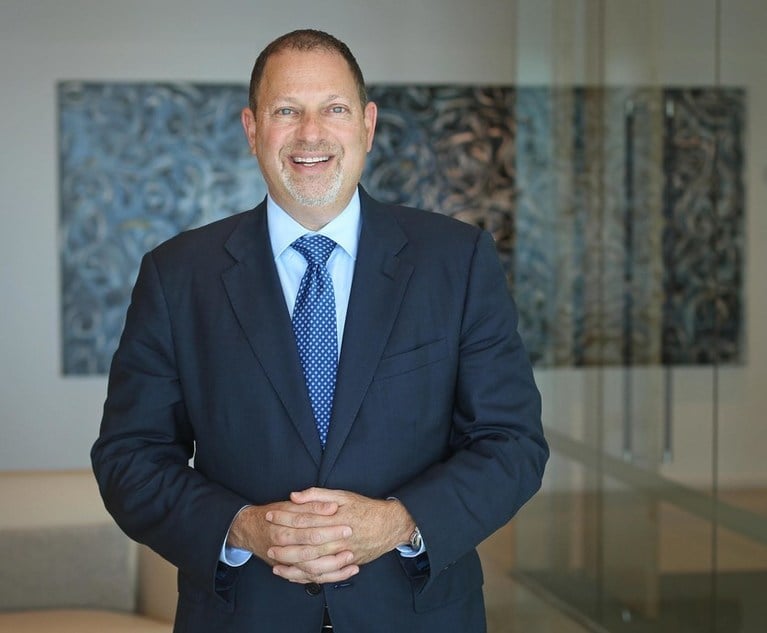Just as no person is above following the law, so too is no lawyer above adhering to the Rules of Professional Responsibility—no matter the client, no matter the cause. Ethical issues involving representation of former President Trump—from stolen election claims to allegedly stolen state secrets—are generating day-to-day lessons for all lawyers. While the circumstances of the Trump representation are unusual, the lessons to be learned (or relearned) from them are a constant. Just like the North Star. Here, then, are five navigational aids for the reader courtesy of the 45th president.
Aid No. 1: A Claim Is Not Frivolous Merely Because It’s a Loser
Not every contemplated claim will be a winner. Not by a long shot. As Wayne Gretzy, the G.O.A.T. of professional hockey remarked, “you miss 100% of the shots you don’t take.” The model rules recognize this reality as it applies to lawyering. Here is part of comment (2) to Model Rule 3.1: Meritorious Claims and Contentions: “The filing of an action is not frivolous… merely because the facts have not been fully substantiated or because the lawyer expects to develop vital evidence only by discovery.” And here’s the bonus room: “Such action is not frivolous even though the lawyer believes that the client’s position ultimately will not prevail.” While cable news talking heads commenting on Trump’s legal arguments toss around words like unfounded, groundless, and unprecedented, it’s instructive to understand this baseline. The lawyer lesson: Look at the argument being made, not the litigant making it.


 Rudy Giuliani – paparazzza/Shutterstock.com
Rudy Giuliani – paparazzza/Shutterstock.com




